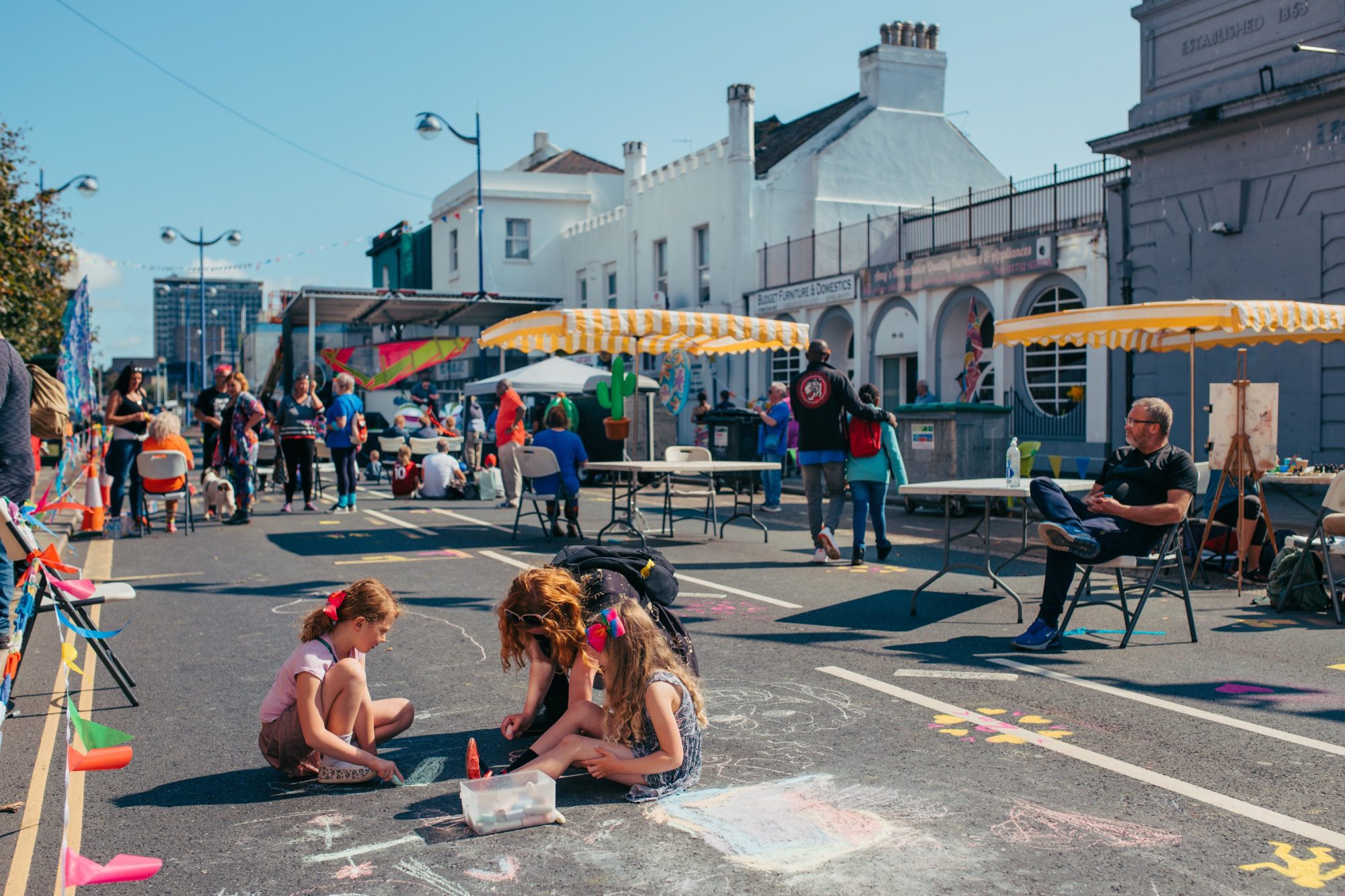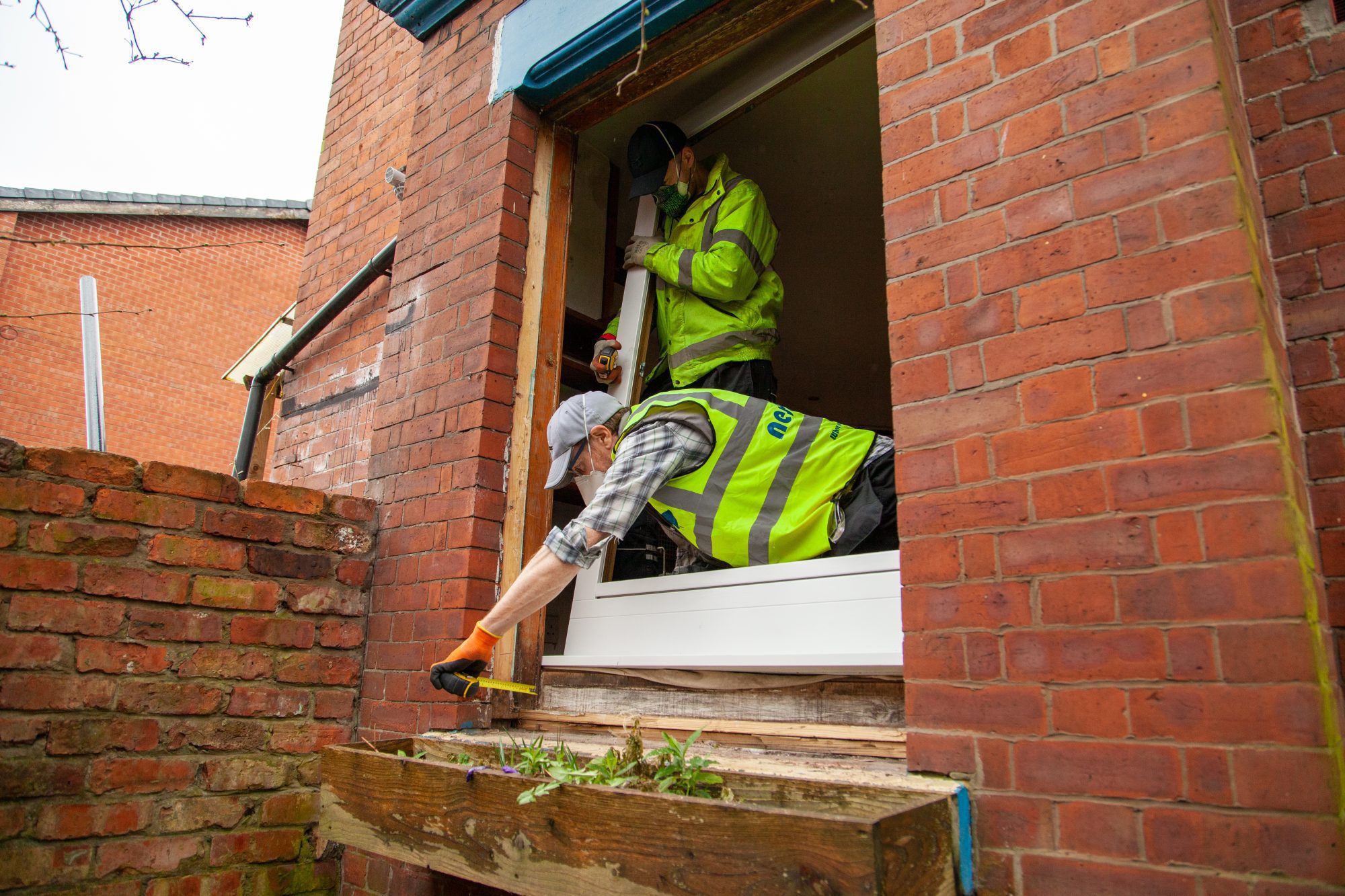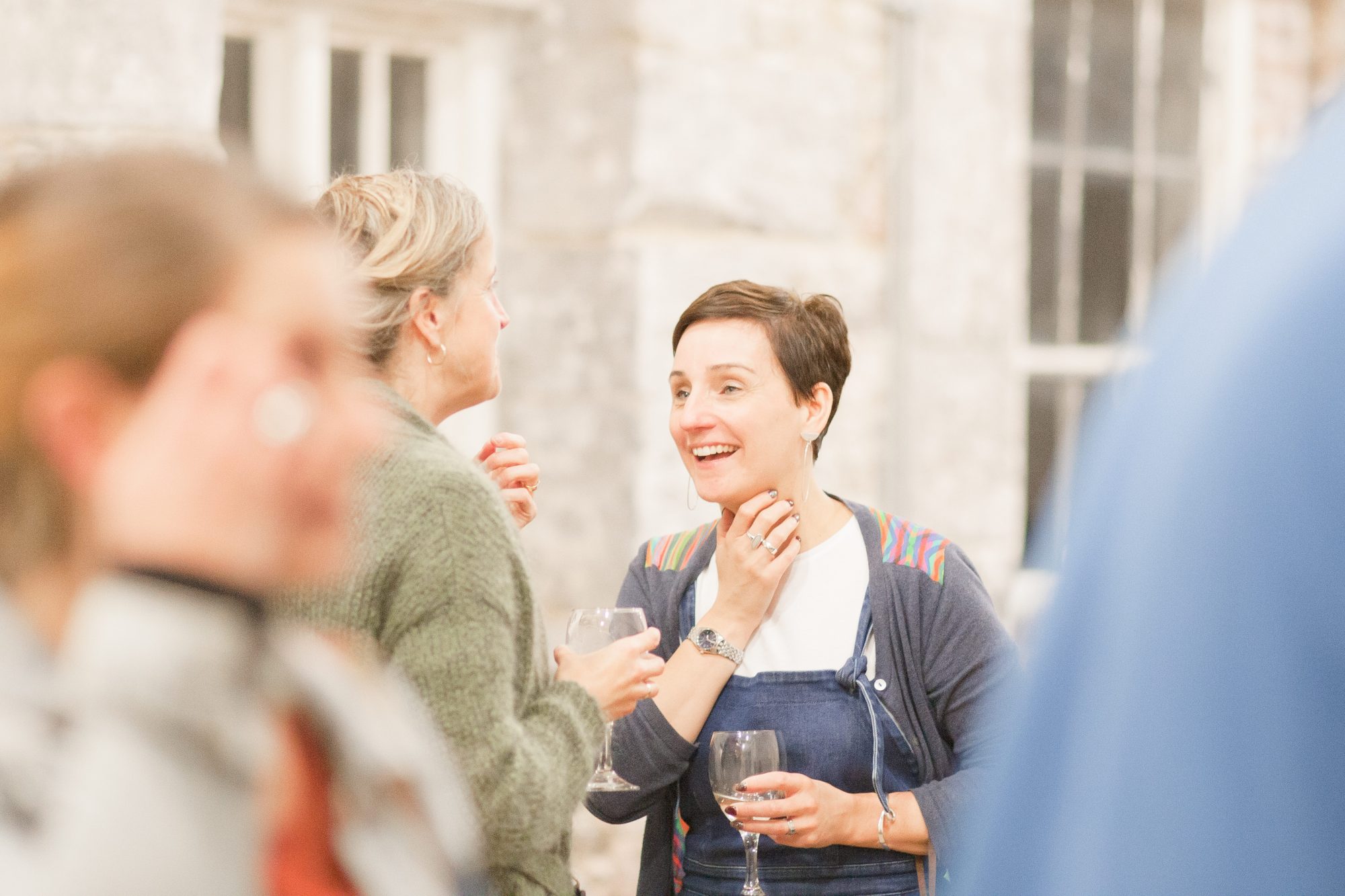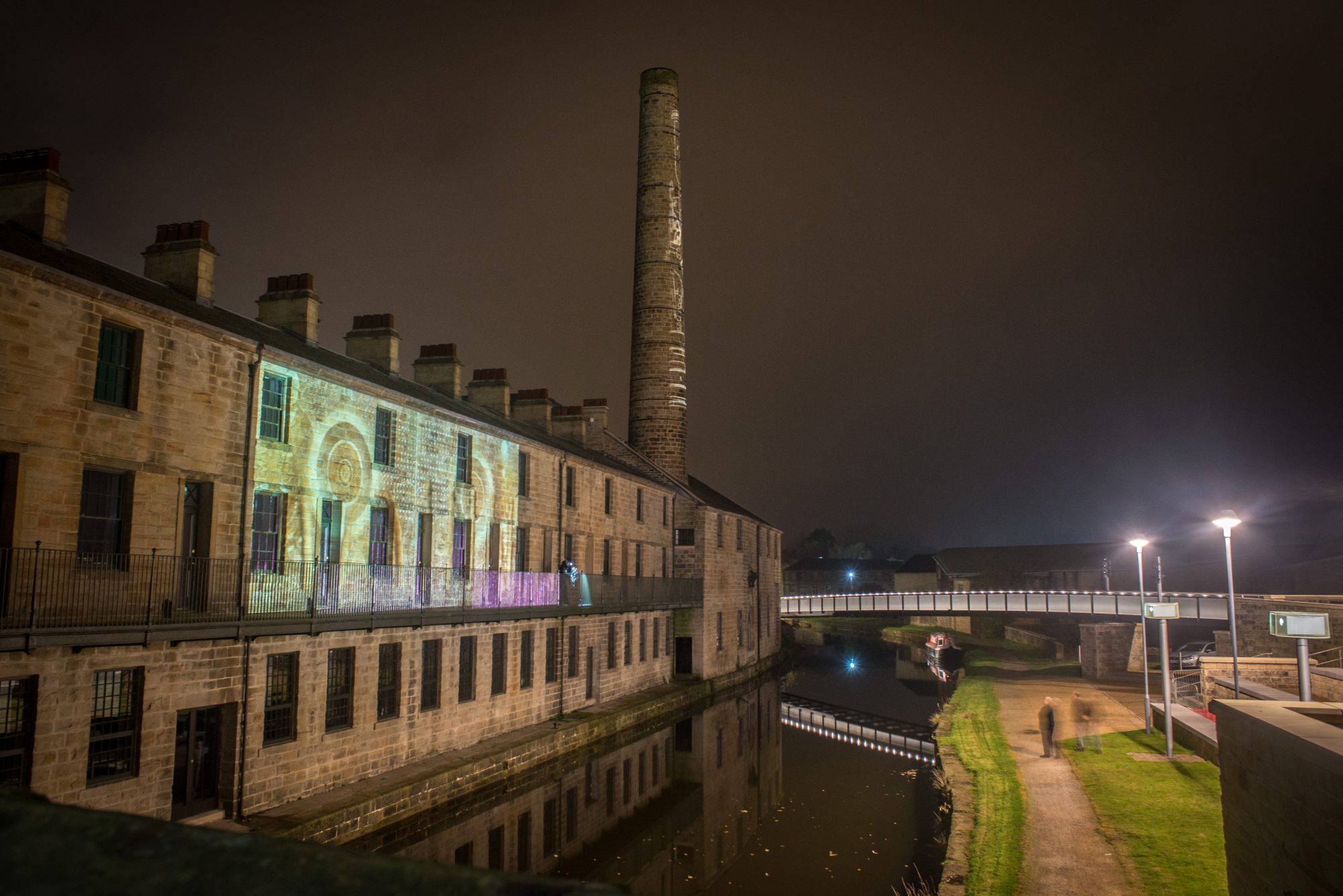
Nick Plumb
Director, Policy and Insight
Nothing sends shockwaves around the world quite like a US presidential election. The election of Donald Trump as President again – the only person, aside from Grover Cleveland in the nineteenth century, to serve non-consecutive terms – feels more seismic than most.
But how does a US election impact the UK high streets debate? Simply, our high streets and their relative health or decline are a real barometer of how people feel about a place. They are a physical manifestation of the state of the economy. For many Americans, it was the economy that led them to ditch the incumbent Democratic leadership for Trump. This was in spite of huge investments by the Biden Administration, and the fact that the US economy was doing better than many of its OECD counterparts. Growth wasn’t seen. Growth wasn’t felt. Growth wasn’t inclusive.
What impact will this have on UK politics and policy?
For a government which has staked such a claim on growth, this election result has sent tremors through Labour circles. Patrick Maguire reports that some in the influential Growth Group of backbench Labour MPs are already urging a pivot away from growth as the government’s defining mission, towards a focus on living standards instead. Friends at the UCL Policy Lab have argued that we need a relentless focus on the everyday economy to prevent the rise of Trump-style politics here in the UK. I have argued that growth needs to be a collective endeavour, which is felt in the fabric of an area, in people’s neighbourhoods and on their high streets.
One analysis of the Chancellor’s recent Budget, by Duncan Robinson at the Economist, argued that “the Labour Party has forgotten how to be nice”. Here, Robinson is making the case for long-term investment in the UK economy. He argues that investment needs to be coupled with a focus on more immediate, visible improvements to the public and civic realm.
This belief is central to our work on high streets at Power to Change. In a country with a 40% oversupply of retail space, we need to think differently about the purpose of high streets and town centres. This was a perspective I brought to the Board of the previous government’s High Streets Task Force, as Vidhya Alakeson did before me. We’ve long argued that they need to become the beating civic heart of local places again.
This is going to mean a greater role for public services, for housing, for arts and culture. Spaces and places to meet, for people to forge social connections. Up and down the country, community businesses are already building these high streets of the future. But they face an uphill struggle. A distant and opaque ownership picture. Lack of access to capital at the scale and pace needed to compete in the open market. Places partnerships which don’t involve the right players.
Creating a better future for our high streets
In recent years, we’ve developed a suite of ideas, based on our practical experience working alongside community businesses, to help make the uphill struggle an easier one. A British High Street Investment Vehicle which can move quickly to purchase high street assets and transfer them into community ownership over time. Community Improvement Districts – a new model of town centre governance which sees community businesses and residents as an equal partner at the table alongside local government and bigger business. Reform to business rates and a new Community Right to Buy, which would give communities first refusal on assets when they come up for sale. The new Government has made the Right to Buy a central plank of their story on high street renewal and announced more on its intention to reform business rates at the recent Budget.
As the new Government begins their journey to turn around our high streets, and to make growth seen and felt, we will be feeding in our evidence and ideas along the way. That’s why we’re delighted to be launching our Community-led High Street Innovators work today. We’re looking to collaborate with a small number of community businesses that can demonstrate the potential of communities to renew their local high streets and town centres. We’re particularly interested in innovators who are already working to:
- enable communities to take space on the high street or town centre, whether through meanwhile use, lease or community ownership, or
- enable communities to have a greater say in the governance of their high street or town centre.
Once we’ve selected our innovators, they’ll form a cohort that works with one another and us as part of a learning partnership, and we’ll be appointing a steering group of experts too. We plan on doing our learning in the open along the way. So, if you’re a community business with an interest in applying, take a look at the detail of the project here. If you’re a policymaker or placemaking expert interested in the work, do get in touch.
With our high streets such a visible manifestation of the state of the country and the economy, they matter to people everywhere. We look forward to working alongside partners and allies to continue pushing this agenda forward, so we can build places which are civic centres fit for the future.



